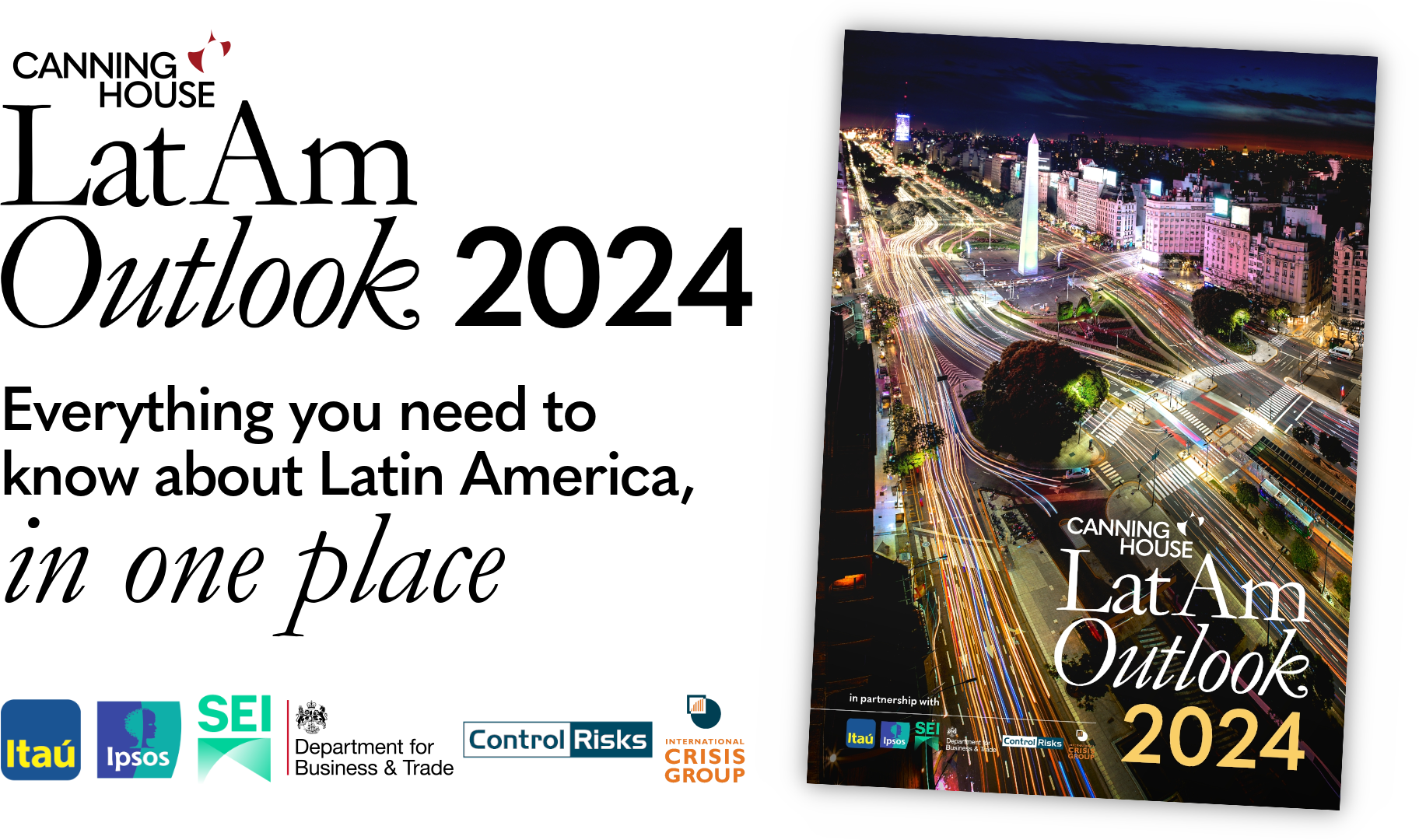2024 is an important year in Mexico.

On Sunday 2 June, Mexico went to the polls to elect a new President, 128 Senators, 500 members of the Chamber of Deputies, eight Governors, Mexico City's head of government, and thousands of local politicians. In a number of ways, it was an unprecedented election for Mexico.
June’s vote saw the election of Mexico’s first female president; was Mexico’s largest ever election; coincided a US election year for the first time in 12 years; and was the first general election test for the Movimiento Regeneración Nacional (Morena, National Regeneration Movement) as incumbent.
Claudia Sheinbaum, Morena's candidate, emerged victorious. She previously headed Mexico City's government from 2018 to 2023, during the presidency of Morena leader Andrés Manuel López Obrador, often known as AMLO. Over his term, AMLO maintained high approval ratings, but could not stand for re-election - he will leave office on 30 September 2024.
Against Sheinbaum, Xóchitl Gálvez was candidate for the Fuerza y Corazón por México (Strength and Heart for Mexico) coalition. Gálvez was a Senator 2018-2023, mayor of a Mexico City district 2015-2018, and was previously a tech entrepreneur.
The Fuerza coalition includes the Partido Acción Nacional (PAN, National Action Party) and Partido Revolucionario Institucional (PRI, Institutional Revolution Party) - two parties that dominated Mexican politics for nearly a century, until Morena came to power in 2018 - and the Partido de la Revolución Democrática (PRD, Democratic Revolution Party).
In a distant third was Jorge Álvarez Máynez, candidate for Movimiento Ciudadana (MC). Replacing Samuel García as candidate only in January, Álvarez' chances of victory were always vanishingly slim; but his candidacy may have helped to benefit MC's long-term ambitions.
For voters, it was a decision set to span questions of violence and security, equality and economy, institutions, infrastructure, and more.








